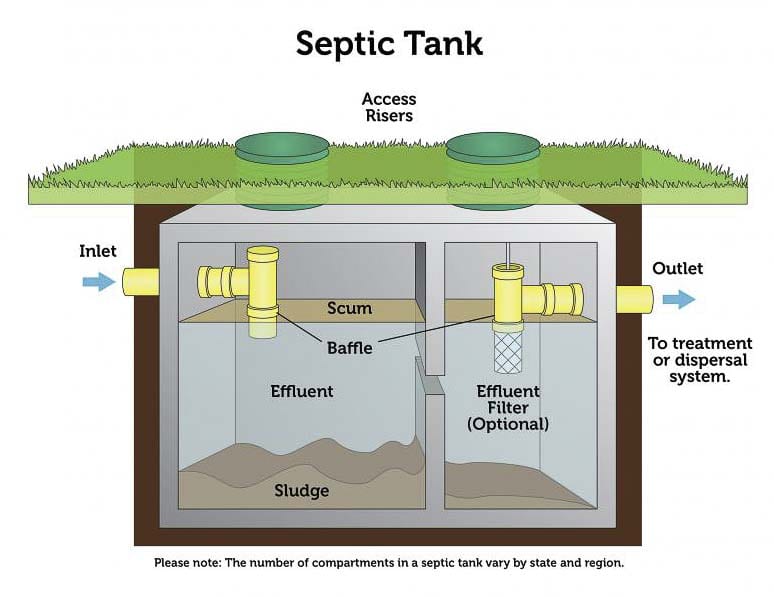The culprit could be more of us stuck at home during the pandemic
VANCOUVER — With more of us staying home more often during the ongoing pandemic, Clark County Public Health has seen a 30 percent increase in permit applications for onsite sewage system repairs compared to the last two years.

“There can be many reasons that an onsite septic system can fail, but we suspect that with so many families working and learning together at home that many systems are seeing volumes of wastewater much higher than normal,” said Chuck Harman, Environmental Public Health program manager. “Any onsite septic systems that are older, have not been kept up to date on their inspections and maintenance, or might be receiving unusual wastes, such as cleaning wipes, will be prone to failing.”
The U.S. Environmental Protection Agency (EPA) and Clark County Public Health want to remind homeowners of the importance of keeping onsite septic systems up to date on inspections and maintenance. Doing so can help protect your property’s value, and avoid costly and unnecessary emergency septic system replacements.
“Addressing small problems and taking corrective actions will avoid bigger problems down the road,” Harman said. “By doing so, onsite septic owners protect their investment, maintain a sustainable wastewater treatment method, and protect groundwaters that serve as Clark County’s primary drinking water source.”
The first and best tip is to avoid flushing things like disposable wipes. Even so-called ‘flushable’ wipes can often clog or damage septic systems over time.
Another major contributor to septic system failures is grease being dumped down the drain. Cooking oils can solidify once in your drainage system, and lead to clogs and backups.
Public Health recommends homeowners work with county-certified professionals to complete system inspections and get advice about maintenance, repairs or onsite septic system replacement. A list of certified professionals and additional resources for homeowners are available on the Public Health website.
Additional information for homeowners is available on the Environmental Protection Agency website.
Clark County Public Health contributed to this report




